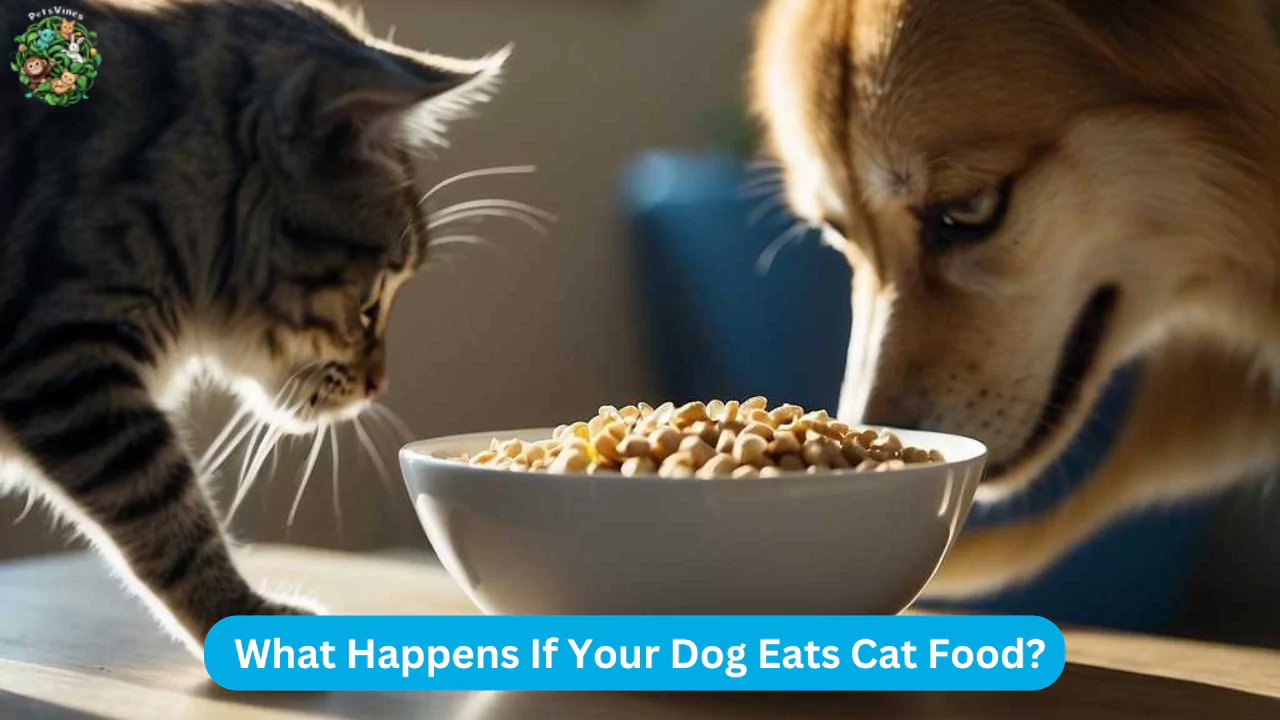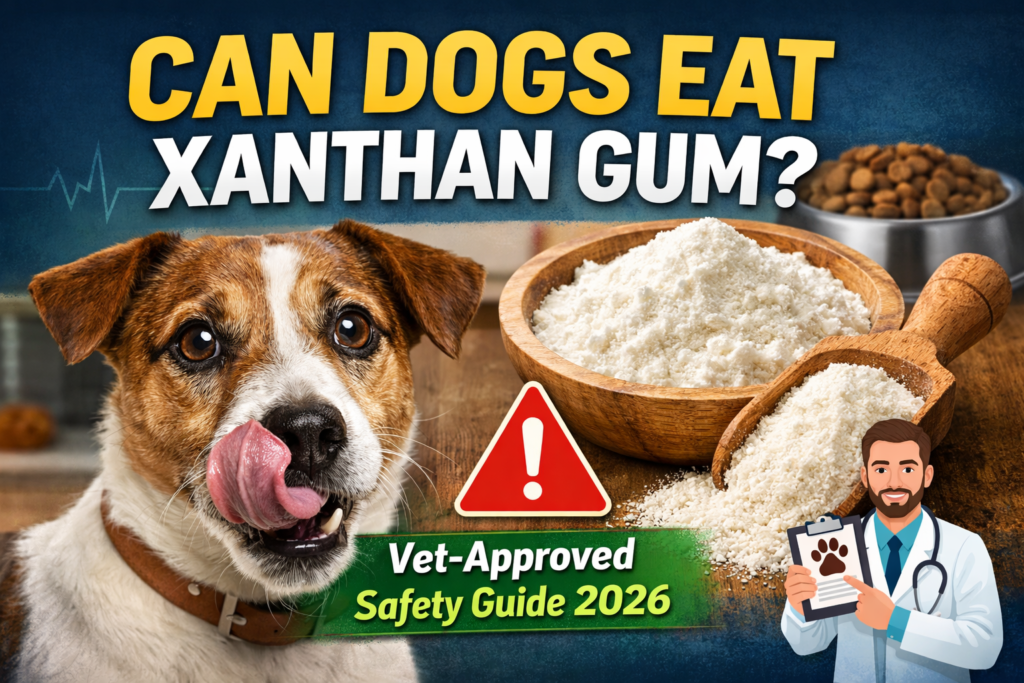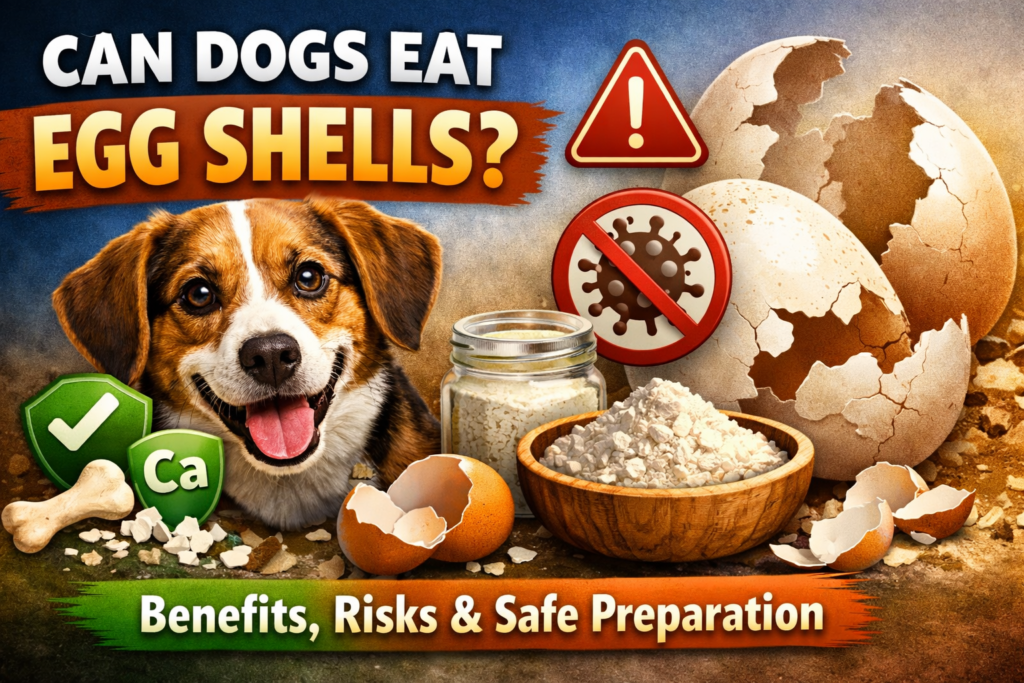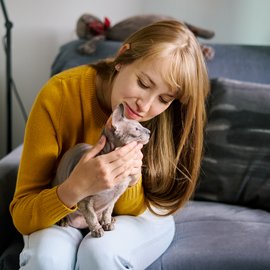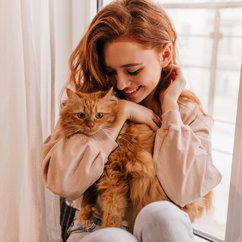If you’re a dog owner, you’ve probably experienced this: your dog sneaks into your cat’s food bowl, gobbles it up, and looks unapologetic. It’s a situation that raises an important question—can a dog die from eating cat food?
In this article, we’ll uncover the facts about the risks associated with dogs consuming cat food. You’ll learn why cat food isn’t suitable for dogs, how it can harm their health, and what to do if your furry friend has indulged in your cat’s dinner. Let’s dive in and explore everything you need to know!
Understanding the Difference Between Cat Food and Dog Food
Why Are Cat and Dog Foods Different?
Cat and dog foods are specifically designed to meet the unique dietary needs of each species. Here’s why:
- Cats are obligate carnivores: This means their diet must consist primarily of meat. Cat food is rich in protein and contains essential nutrients like taurine, which cats need to survive.
- Dogs are omnivores: Dogs thrive on a balanced diet that includes protein, carbohydrates, and fats. Their bodies don’t require as much protein as cats, and excessive amounts can strain their organs.
Nutritional Composition
| Nutrient | Cat Food | Dog Food |
|---|---|---|
| Protein | High (30-50%) | Moderate (18-25%) |
| Fat | High | Balanced |
| Carbohydrates | Minimal | Essential |
| Taurine | Essential | Not required |
Because of these differences, feeding cat food to dogs regularly can lead to serious health problems.
Can Eating Cat Food Harm Dogs?
Short-Term Effects
When a dog eats cat food occasionally, the effects are usually mild. Here’s what can happen:
- Upset stomach: Dogs may experience diarrhea or vomiting due to the rich and fatty nature of cat food.
- Choking hazards: Dry cat food can pose a risk of choking, especially for small dogs.
Long-Term Risks
If a dog consistently eats cat food, it can lead to:
- Obesity: The high-fat content in cat food can cause weight gain in dogs.
- Pancreatitis: Excess fat can inflame the pancreas, a potentially life-threatening condition.
- Nutritional deficiencies: Dogs miss out on essential nutrients like zinc, vitamin E, and omega-6 fatty acids.
- Kidney and liver issues: High protein levels can overwork these organs, especially in older dogs.
Can a Dog Die from Eating Cat Food?
The short answer is yes, but it depends on the circumstances.
When Is Cat Food Life-Threatening for Dogs?
- Pre-existing health conditions: Dogs with pancreatitis, kidney disease, or liver problems are at higher risk of complications.
- Large quantities consumed: Eating a large amount of cat food in one sitting can cause severe gastrointestinal distress or pancreatitis.
- Chronic consumption: Over time, the imbalance in nutrients can weaken a dog’s overall health, leading to fatal complications.
Signs of Danger
If your dog shows any of the following symptoms, seek veterinary help immediately:
- Vomiting and diarrhea.
- Lethargy or lack of energy.
- Difficulty breathing.
- Swollen abdomen (a sign of bloating or internal distress).
Why Is Cat Food Not Suitable for Dogs?
Lack of Essential Nutrients
Cat food doesn’t contain the balanced nutrients dogs need to thrive. For example:
- Dogs need more carbohydrates for energy.
- Missing minerals like zinc and magnesium can lead to long-term health issues.
Excessive Protein and Fat
The high protein and fat levels in cat food are unnecessary for dogs and can strain their kidneys and liver.
How to Prevent Your Dog from Eating Cat Food
Practical Tips for Pet Owners
- Feed Pets Separately: Designate specific feeding areas for your cat and dog.
- Elevate Cat Food Bowls: Place the cat’s bowl on a counter or elevated surface that the dog can’t reach.
- Secure Cat Food Storage: Keep cat food in a sealed container out of your dog’s reach.
Training Your Dog
- Teach the “Leave It” Command: Use treats and positive reinforcement to train your dog to stay away from cat food.
- Provide Alternatives: Ensure your dog’s diet is satisfying and meets their nutritional needs.
What to Do If Your Dog Eats Cat Food Accidentally
Immediate Steps
- Stay Calm: Most cases don’t require emergency intervention.
- Monitor Your Dog: Watch for signs of distress, such as vomiting, diarrhea, or bloating.
- Provide Water: Ensure your dog stays hydrated.
When to Call the Vet
- If your dog exhibits severe symptoms like lethargy or difficulty breathing.
- If they consume a large quantity of cat food, especially if it contains fish or chicken fat, which can be harmful.
Can Dogs and Cats Share the Same Food?
Why It’s Not Advisable
Feeding the same food to both pets can lead to nutritional imbalances for both. Dogs may develop deficiencies, while cats may not get enough protein and taurine.
Best Practices for Multi-Pet Households
- Use automatic feeders programmed for specific pets.
- Keep a consistent feeding schedule to prevent food sharing.
Expert Opinions and Studies
Dr. Sarah Greenfield, DVM, states:
“While occasional consumption of cat food isn’t fatal for dogs, long-term exposure can lead to severe health problems. It’s crucial to maintain species-specific diets.”
Scientific Insights
A 2018 study published in the Journal of Animal Physiology and Animal Nutrition highlights the risks of excessive protein in dogs, particularly for breeds prone to kidney issues. (Sources: American Kennel Club and PetMD.)
Conclusion
While a dog is unlikely to die from a single instance of eating cat food, the risks increase with repeated exposure. The high protein and fat content, along with the lack of essential nutrients, can lead to serious health issues over time.
By understanding the differences between cat and dog food, preventing access, and acting swiftly in case of an incident, you can ensure your dog stays healthy and safe.
Read Also: How to Clean Dog Wound at Home Step-By-Step

